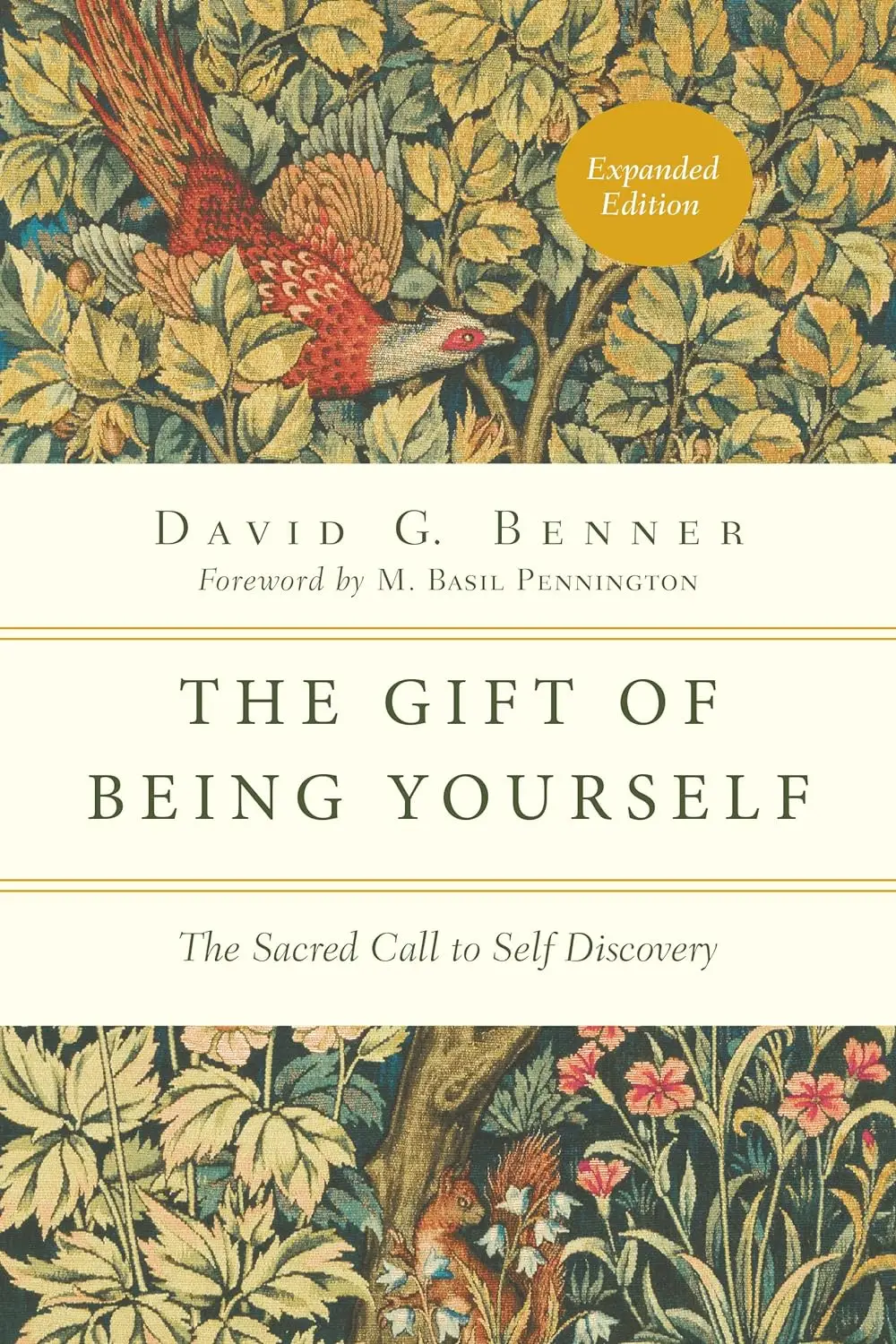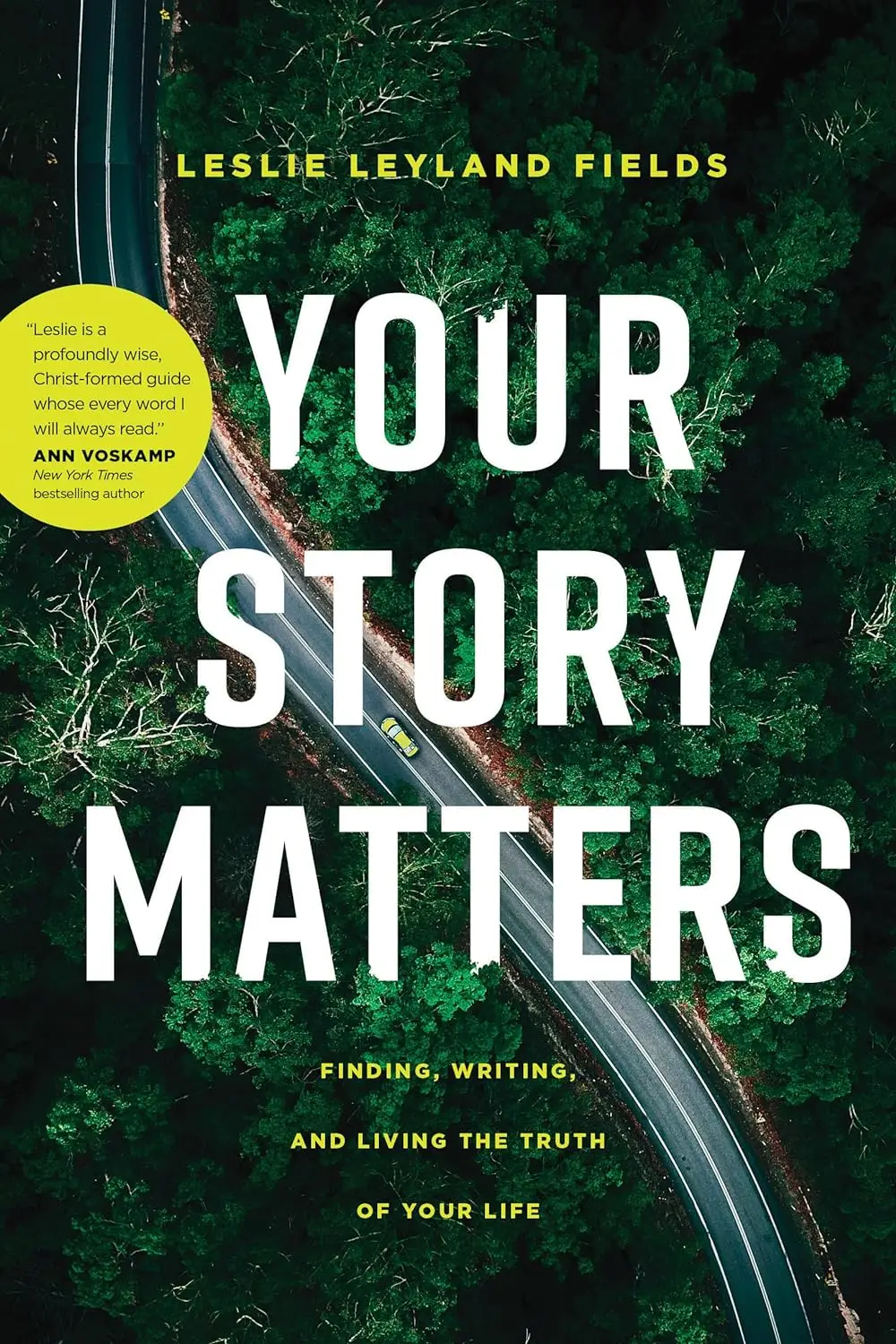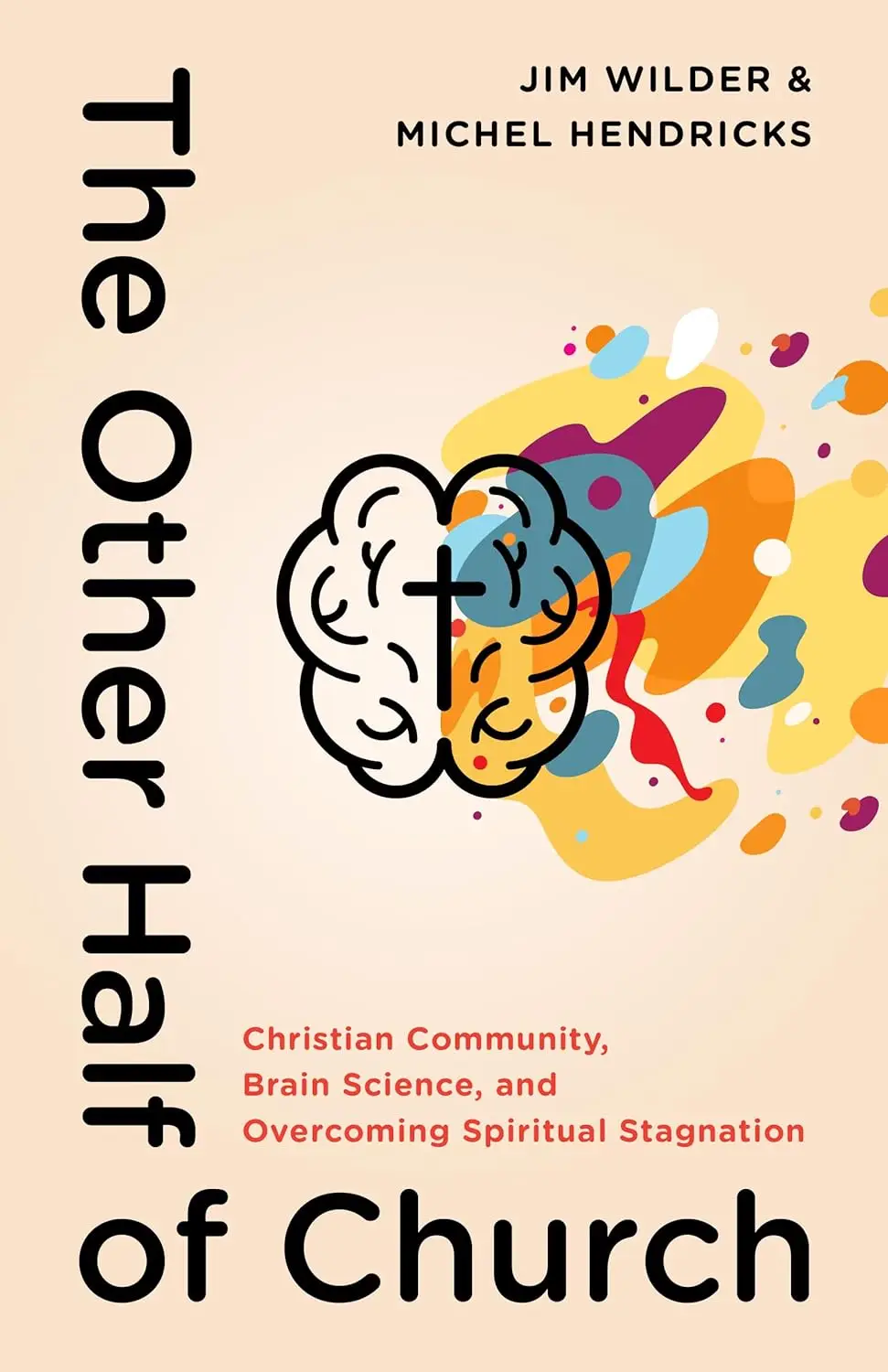When I begin helping a woman who is unsure regarding what’s happening in her marriage, I don’t necessarily tell her, “You’re being abused.” I may be able to recognize the patterns and have some confidence that her marriage is abusive, but I want to help her figure it out on her own. So, I suggest this little assignment. I say, go home and act like a human being in your own house.1 Have your own thoughts, express your own feelings, share your own desires, and see what happens.2 The reason for this suggestion is that abusers crush humanity. The very act of image bearing is a threat to those who believe they are entitled, in control, superior. If a woman discovers it’s not possible to be fully human in her one-flesh union, she can then evaluate if she will be safe in her own home.
That same exercise is also helpful for women in the church. Do you want to know if you’re context is safe? Act like a human being. Have your own thoughts, express your own feelings, share your own desires, then see what happens. I’m fairly confident that, if you shift from the “agreed upon” party line and what to think, to the less acceptable practice of how to think, you’re going to notice your favor had an expiration date. For example…
One of the ideas I proposed to help promote the Help[H]er resources was to take a group of seasoned women leaders in the PCA through the materials and get valuable feedback for how (or if!) the resources would be helpful in their local church. So, we gathered a group, and twenty of the most influential women in the PCA participated in a cohort.
Full disclosure, the evidence that the materials were significantly flawed was visible immediately. What might have fit in a far-right leaning, conservative (and patriarchal3) church setting did not translate well across the landscape of the PCA. There was much work that needed to be done.
Because of the obvious shortcomings, I purposefully set out to speak to each cohort participant individually to get a feel for how the materials might be improved. I enjoyed those rich conversations and getting to know these women. They were, and are, the backbone in the denomination.4 I learned much from them.
We were mid-stream in the 12-week cohort when the publisher and my church ripped the book and resources rug out from under me with their “MOU.”
You can read a bit more about that here.
It was apparent that, until there was agreement for what to do with the Help[H]er name and ministry going forward, the cohort would be unproductive. It was cancelled immediately.
This is one circumstance of my story I’ve found difficult to understand. To date, none of those women has asked me, “What happened?” In fact, many of them participated in the rewriting of the Help[H]er book. Still, zero conversations. Yet not just the lack of conversation has been puzzling. Also disorienting is how several women, my peers (sometimes friends), actively participated in my silencing.5
I know women who have spoken and written about similar situations. They’ve used words to describe their circumstances like, “betrayed.” “Rejected.” I don’t think I struggle with those emotions in this situation to be honest.6 The place I tend to hang out is just sadness. I want to warn these women. I want to tell them, “You know, that favor you are experiencing? It has an expiration date.” Though, I’m not sure they’d believe me if I did.
I understand. I was there. But, when I began speaking boldly on behalf of women, my favor in certain circles ceased.
What does this have to do with a woman-to-woman caregiving ministry? Well, just as I’d recommend a woman in crisis have a clear understanding about the type of male leaders assigned to her care, I’d also suggest she know the women. Female care providers can also cause harm. Especially those towing the role theory party line.
Here are some thoughts to ponder about potential caregivers.
Does she listen well when you tell her your story? Or does she simply “hear” yours and then tell you hers?
Has she worked with other women impacted by your type of crisis? How did she do? Does she honestly share both her strengths and weaknesses? Can you ask if the other women she helped would provide recommendations?
To whom is she beholden? (i.e. leadership? or YOU) Is she employed by the institution? Has she signed an NDA?
What is her confidentiality commitment? Is it limited? (by what?) What happens to the information you share? Who does the caregiver report it to?
Do you sense she envisions you as a saint? A sufferer? Or a sinner? Does she encourage you? Exhibit empathy? Or does she simply apply correction?
Does she “teach” you? Or do you sense you might be able to teach her?
Is she bossy? Insistent? Intent on getting her way?
Is she a people pleaser? Does she fawn or appease? (this is one of my weaknesses) How confident is she in trusting her emotions (particularly if she senses something is off)?
How does she think God sees her? How does she talk about the women in Scripture (i.e. Deborah, Bathsheba, the woman at the well…)? Who and what does she say a woman is, biblically speaking?
Has she been involved in any inappropriate relationships? If so, you may want to know the details. What were the consequences? Were they appropriate to fit the circumstances? What qualifies her for ministry now?
What are her thoughts on authority? Submission? Does she speak up for you when it’s important for your voice to be heard?
Who does she represent? When you meet, do you sense she spends a lot of time with the Lord? Does she carry His messages to you? Or does she simply convey leadership recommendations or expectations?
Does she tell you to, “Trust your leaders”?
There’s likely more. And not all these questions are meant to signal red flags depending on the answers. They’re simply talking points for you to consider when you enter a relationship with a woman-to-woman caregiver.
I’d suggest, above all else…if your female caregiver has anything to lose, she may not be the right person for your care. Book deals, speaking engagements, and promotion within popular parachurch organizations have strings attached.7 There are expectations in these various circles for acceptable behavior, suitable topics for conversation, matters for which it is permissible to take a stand. Women helping women need to remember that, walking alongside and providing care for women in crisis, is costly. Standing up to power structures, challenging the willfully ignorant and the deliberately harmful people involved in many types of crises will upend the helper’s world just as it does the victims. Women who willingly enter into these spaces are notoriously criticized (“Why does she always talk about abuse?” or, worse—see Aimee Byrd), minimized (“that’s YOUR perspective”), and shunned (we are “put outside the camp”). And, while many advocates would say those experiences pale in comparison to the harm victims endure, there’s a cost—one a caregiver must be willing to pay. Is the woman involved in your care prepared?
Role theory requires mutual agreement for behaviors. Women who go along for the “equal in dignity, difference in role” ride don’t realize they are helping cultivate ground ripe for abusive seeds to be sown. My message to caregiving colleagues is that it is so important we know what we believe and why, and then how those beliefs might impact our care. Our suffering sisters deserve nothing less.
- Survivors automatically snicker at this point. They know that was never a possibility.
- I also preface this with, “If YOU feel it would be safe to do…” Sometimes the recognition that it isn’t safe at all is the moment they realize the severity of the situation.
- https://clearlyreformed.org/death-to-the-patriarchy/
- For better or for worse.
- Twice I was asked to cease posting announcements regarding the Help[H]er podcast, Safe to Hope, in SM women’s groups I belong to. Both groups had male oversight, yet women from the groups were who contacted me and requested I not post “my platform.” It’s worth noting the content of those podcasts were clergy sexual misconduct and domestic abuse.
- Although I’m open to correction if you hear those things in my “voice.”
- Again, those who enjoy these privileges don’t necessarily represent danger for your care. There are at least two women I greatly respect on multiple levels who fit in some of those categories (Diane Langberg and Darby Strickland) and they are amazing caregivers. The question to be asking potential helpers is whether they are willing to set everything aside in order to stand firmly beside you for your care.





